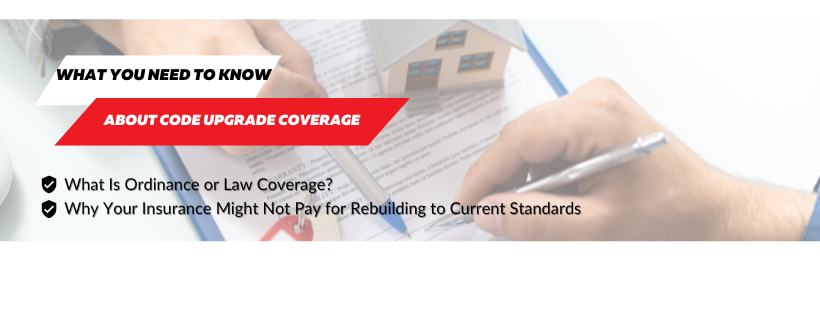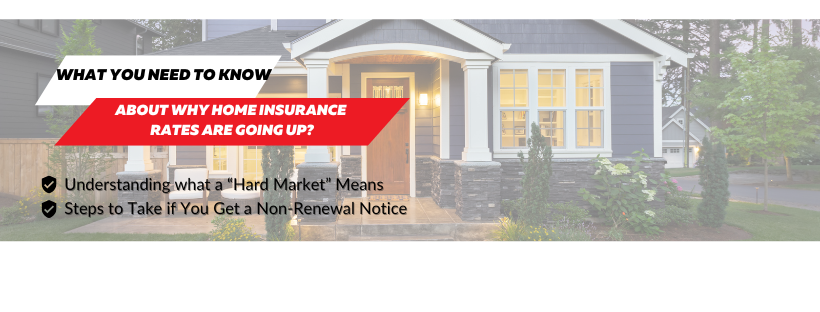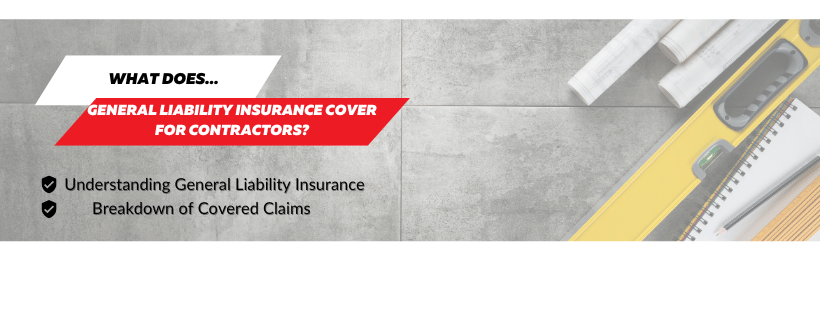
The Hidden Costs of Skimping on Home Insurance: Why Cutting Coverage Can Cost You More
With home insurance rates on the rise, many homeowners are tempted to reduce coverage or increase deductibles to lower premiums. While this might seem like an easy way to save money, cutting corners on insurance can leave you exposed to massive financial risks. A cheaper policy now can lead to a costly disaster later.
This blog explores the hidden dangers of underinsuring your home, the financial pitfalls of inadequate coverage, and smarter ways to manage insurance costs without sacrificing protection.
The True Cost of Underinsuring Your Home
1. Out-of-Pocket Repair and Replacement Costs
Imagine a major storm damages your roof, and your insurance only covers half the cost because you opted for minimal coverage. Or worse, a fire destroys part of your home, and your policy doesn’t fully account for today’s skyrocketing construction costs. You’re left footing a massive bill that could have been covered with the right policy.
2. Being Underinsured Means Paying the Difference
Home values and repair costs fluctuate, and if your coverage isn’t updated to reflect current replacement costs, you could be underinsured. Many policies have replacement cost coverage, but if you’ve skimped on coverage limits, your insurance payout may not be enough to rebuild.
For example, if your home costs $400,000 to rebuild but your policy only covers $250,000, you’re left covering the $150,000 gap if a total loss occurs. Would you have that kind of money readily available?
3. Higher Deductibles Could Backfire
Increasing your deductible is a common tactic to lower monthly premiums, but it can be risky. If you opt for a high deductible to save money now, you may struggle to afford repairs when a claim arises. A $5,000 deductible might not seem like much until a tree falls on your roof, and you need immediate repairs.
Common Areas Where Homeowners Cut Too Much
1. Liability Coverage
Homeowners sometimes reduce their liability coverage to trim costs. But if someone gets injured on your property, you could face hefty legal fees and medical expenses. A single lawsuit could bankrupt you if your liability limits are too low.
2. Personal Property Coverage
Some homeowners underestimate the value of their belongings and lower personal property limits. If a break-in or disaster occurs, they may receive only a fraction of what’s needed to replace their items.
3. Additional Living Expenses (ALE) Coverage
If a disaster displaces you from your home, ALE covers temporary housing and other costs. Cutting this coverage can leave you scrambling for funds if you need to stay in a hotel or rent another home while repairs are made.
Smarter Ways to Reduce Home Insurance Costs Without Sacrificing Protection
If you’re looking to save on home insurance, there are better options than reducing coverage:
- Bundle Policies – Combining home and auto insurance can lower premiums.
- Improve Home Security – Installing a security system, smoke detectors, and storm-resistant features can qualify you for discounts.
- Review and Update Coverage Regularly – Make sure your policy reflects current home values and repair costs.
- Ask About Discounts – Many insurers offer discounts for things like being claims-free, having good credit, or installing protective features.
- Work with an Independent Agent – An agent can shop around for the best rates without compromising essential coverages.
Conclusion
Cutting corners on home insurance may seem like an easy way to save money, but it can lead to serious financial risks down the road. Instead of reducing essential coverages, consider smarter ways to manage your premiums while maintaining the protection your home truly needs.
Need help finding the right balance? Our team offers complimentary annual insurance reviews to ensure you have the right coverage at the best price. Schedule an appointment today to protect your home and financial future.
Bancorp’s insurance agents are available to provide you with a free review and consultation. Contact Us – Bancorp Insurance Call 800-452-6826





